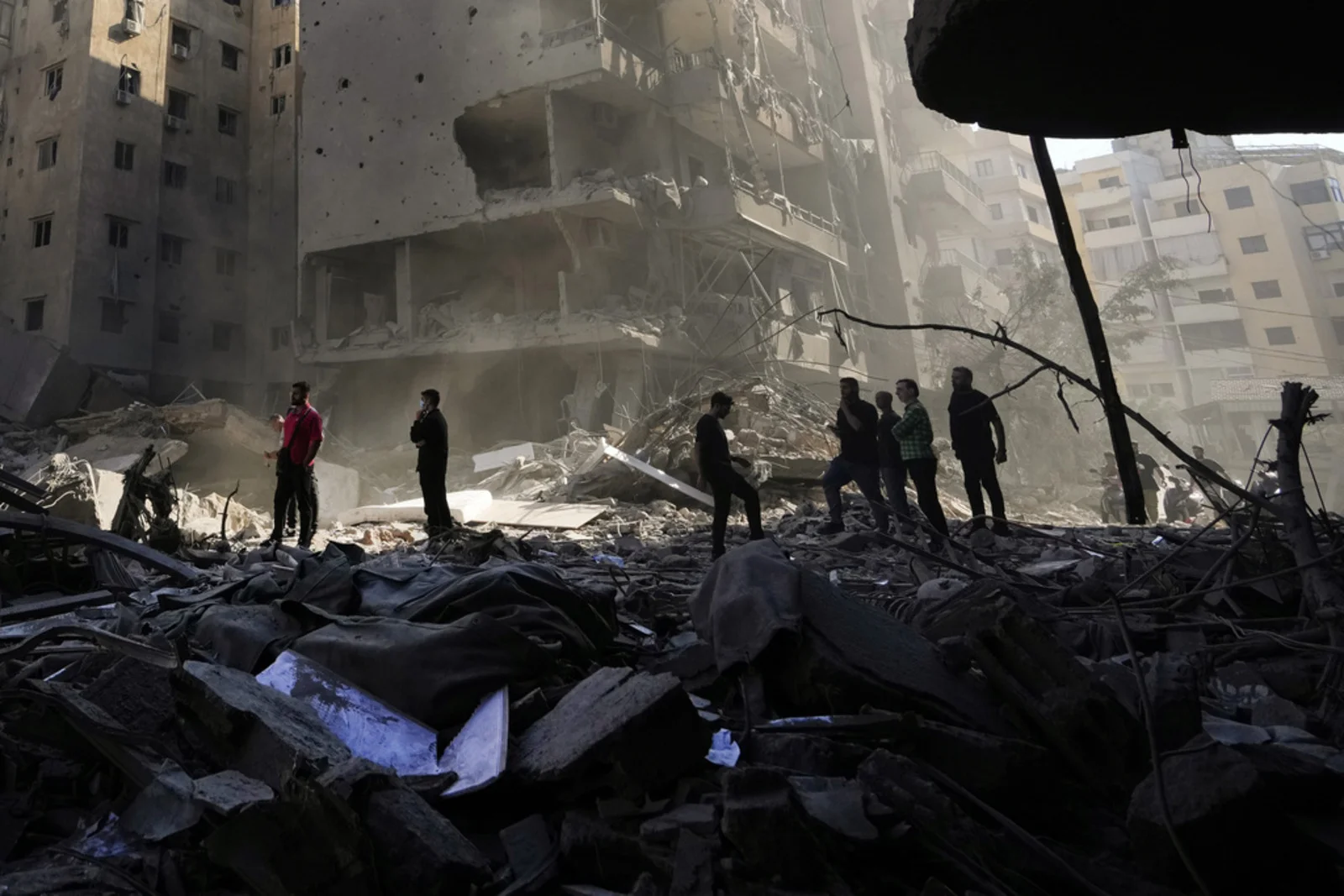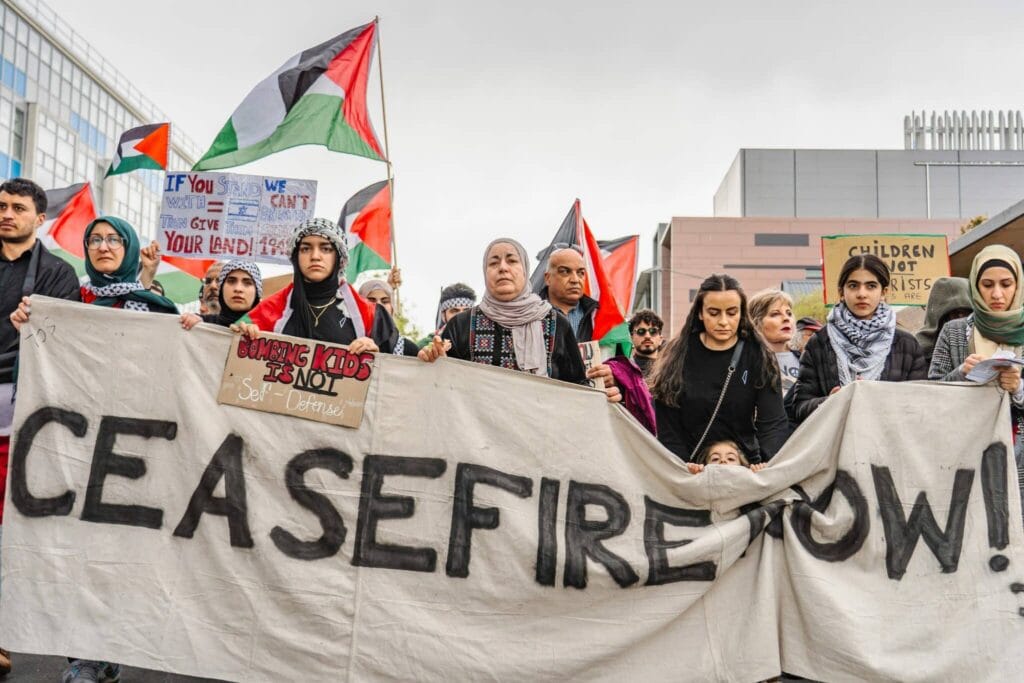Israel Amplifies Strikes in Lebanon Amid Heightened Tensions
In a significant escalation of regional tensions, Israel has intensified its military operations across Lebanon. This recent wave of strikes follows several days of cross-border attacks and heightened hostilities between Israel and militant groups in Lebanon, stirring fears of a prolonged conflict.
Escalating Cross-Border Hostilities
The Israeli Defense Forces (IDF) have launched multiple airstrikes targeting what they claim are Hezbollah positions along Lebanon’s southern border. The IDF has asserted that the operations are in direct response to intensified rocket attacks and artillery fire from Lebanon. This exchange marks one of the most severe escalations between the two regions in recent years, signaling a sharp rise in the long-standing hostilities in the area.
Local sources in Lebanon have reported extensive damage across several towns and villages. The escalation has sparked widespread concerns among residents, leading to significant displacement, as families seek refuge from the conflict zone. Regional observers have noted an unusual level of military activity on both sides, with some viewing the current confrontations as a critical turning point in the Israeli-Lebanese conflict.

Israeli-Lebanese Relations at a Breaking Point
Lebanese officials have condemned Israel’s airstrikes, labeling them as unprovoked aggression. In a public statement, Lebanese leaders urged the international community to intervene, appealing for immediate support to de-escalate the situation. Hezbollah, a prominent force in Lebanese politics and an armed group with significant regional influence, has also issued warnings, asserting that further Israeli actions will be met with substantial resistance.
International reactions have been swift. The United Nations and other international bodies are calling for restraint, stressing the urgent need to avoid further civilian casualties. As diplomatic efforts continue, both sides remain firm in their positions, complicating potential negotiations and any immediate de-escalation.
Civilian Impact and International Concerns
The current conflict has already affected thousands of civilians, particularly in areas along the Israel-Lebanon border. Local sources have indicated that several Lebanese towns are experiencing severe infrastructure damage, while residents in northern Israel have been advised to remain near shelters amid fears of further rocket attacks.
Amid the escalating violence, humanitarian groups are expressing concerns over the potential for a large-scale humanitarian crisis. Aid organizations are mobilizing resources, with many calling for safe corridors to provide relief to affected communities on both sides of the border.
Call for Diplomatic Intervention
As tensions persist, calls for a ceasefire grow louder within the international community. The U.S., European Union, and other prominent global powers have urged both Israel and Lebanon to engage in dialogue to prevent further escalation. Diplomatic sources indicate that several countries are actively mediating to encourage a swift end to the hostilities.
Israel’s recent strikes in Lebanon reflect an increasingly complex geopolitical situation, marked by long-standing territorial disputes and a fragile peace.




